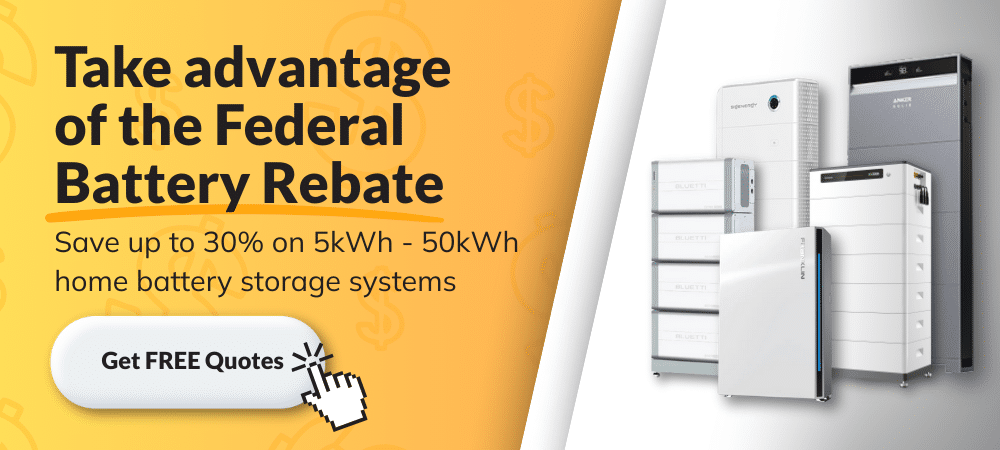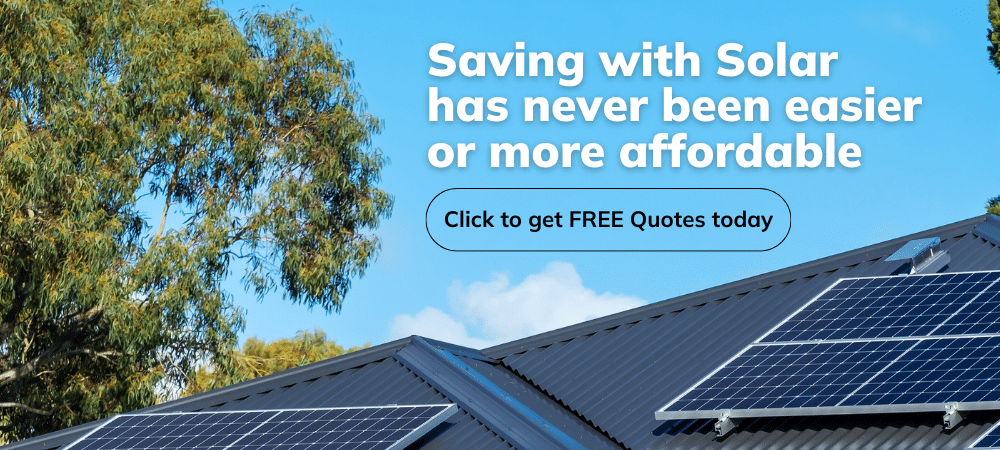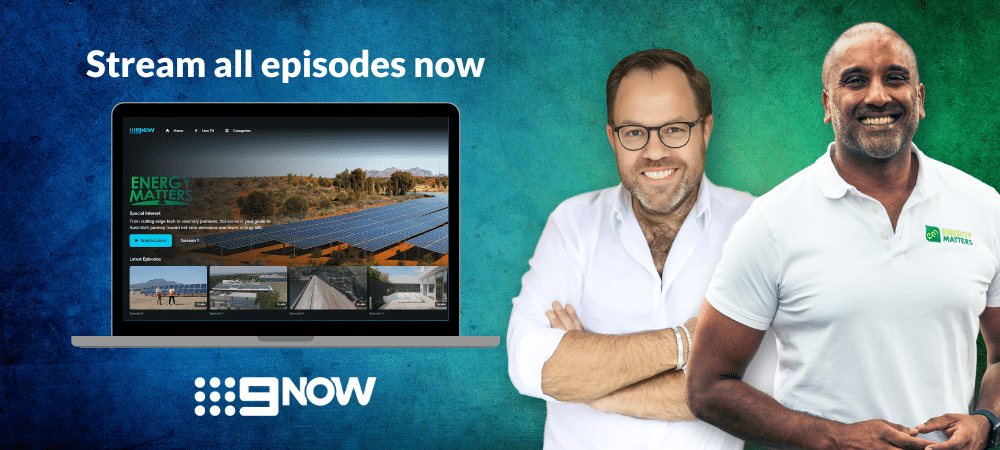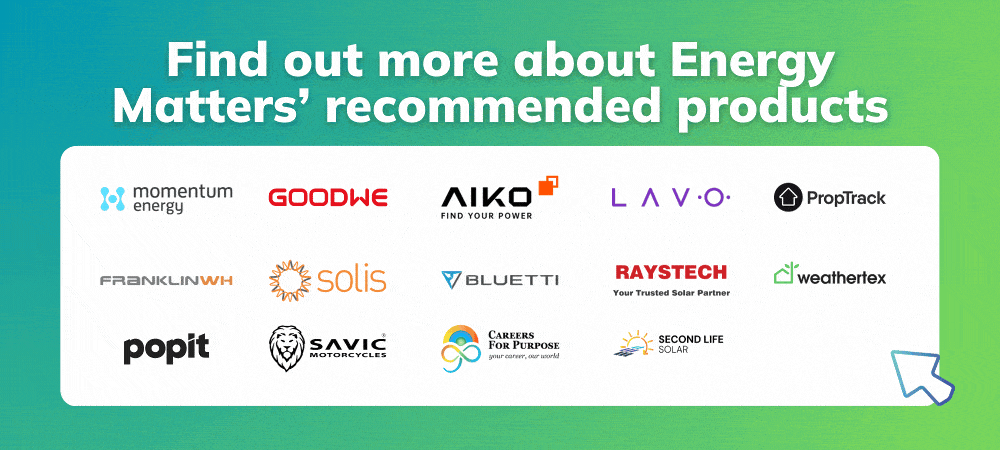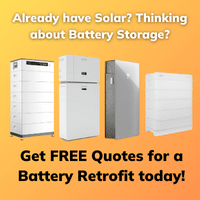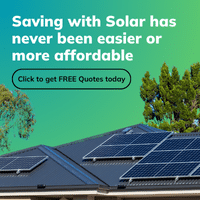Solar feed-in tariffs are a payment system that allows individuals and businesses with solar panel systems to sell excess electricity back to the grid. In Victoria, Australia, the feed-in tariff rate is determined by the state government and utilities.
Victoria’s Essential Services Commission (ESC) examined the minimum feed-in tariffs for energy exported to the grid from small-scale renewable sources such as rooftop solar.
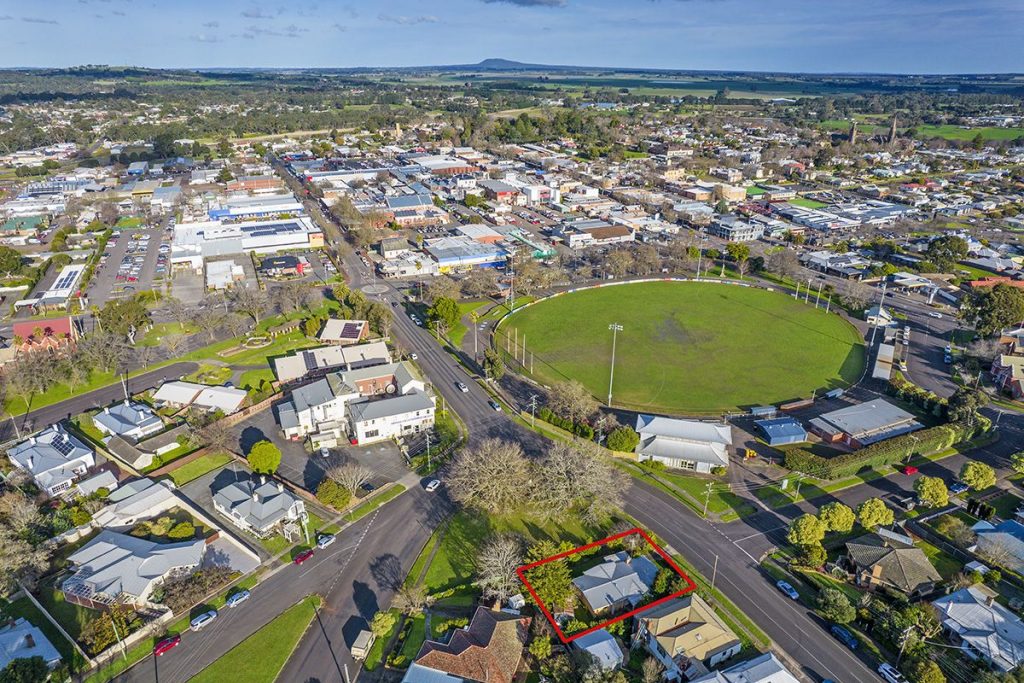
On this page
Types of solar feed-in tariff available in Victoria
Single rate feed-in tariffs
With a single-rate FiT or also known as flat, you’ll get the same price for your solar energy no matter when you export it to the grid. These are the most common types of FiTs supplied by retailers.
- Feed-in tariffs from 1 July 2025 to 30 June 2026:The 2025-26 flat rate minimum feed-in tariff is 0.04 cents per kilowatt-hour (kWh). For further details, check out our Victorian Feed-in Tariff Set to Drop to Lowest in Australia from July 1, 2025 blog.
- Feed-in tariffs from 1 July 2024 to 30 June 2025: The 2023-24 flat rate minimum feed-in tariff is 3.3 cents per kilowatt-hour (kWh).
- Feed-in tariffs from 1 July 2023 to 30 June 2024: The 2023-24 flat rate minimum feed-in tariff is 4.9 cents per kilowatt-hour (kWh).
Time varying rates
Time-varying FiTs pay variable rates based on the time of day the electricity is exported to the grid. The table below shows the minimum daily feed-in tariffs for 2024-2025 (effective July 1, 2024) and 2025–2026 (effective July 1, 2025).
As of 1 July 2025
| OPTION 1 | |||
| Period | Weekday | Weekend | Rate: cents per kilowatt hour (c/kWh) |
| Overnight | 10 pm to 7 am | 10 pm to 7 am | 7.55 c/kWh |
| Day | 7 am to 3 pm, 9 pm to 10 pm | 7 am to 10 pm | 0.00 c/kWh |
| Early Evening | 3 pm to 9 pm | n/a | 5.91 c/kWh |
| OPTION 2 | |||
| Period | Everyday | Rate: cents per kilowatt hour (c/kWh) | |
| Shoulder | 9 pm to 10 am ; 2 pm to 4 pm | 1.42 c/kWh | |
| Off-peak | 10 am to 2 pm | 0.00 c/kWh | |
| Peak | 4 pm to 9 pm | 6.57 c/kWh | |
As of 1 July 2024
| OPTION 1 | |||
| Period | Weekday | Weekend | Rate: cents per kilowatt hour (c/kWh) |
| Overnight | 10 pm to 7 am | 10 pm to 7 am | 7.6 c/kWh |
| Day | 7 am to 3 pm, 9 pm to 10 pm | 7 am to 10 pm | 2.8 c/kWh |
| Early Evening | 3 pm to 9 pm | n/a | 7.0 c/kWh |
| OPTION 2 | |||
| Period | Everyday | Rate: cents per kilowatt hour (c/kWh) | |
| Shoulder | 9 pm to 10 am ; 2 pm to 4 pm | 4.1 c/kWh | |
| Off peak | 10 am to 2 pm | 2.1 c/kWh | |
| Peak | 4 pm to 9 pm | 8.4 c/kWh | |
Eligibility of solar feed in tariff VIC
To qualify for a feed-in tariff, a solar PV system must:
- installed on a household or a small business
- connected to the grid
Individuals and businesses must have a solar panel system installed and be connected to the grid to participate in Victoria’s solar feed-in tariff program. They must also have a smart meter, a device that measures electricity usage and tracks electricity generated and exported to the grid. Other conditions may apply.
Benefits of solar feed in tariff VIC
One of the main benefits of participating in the solar feed-in tariff program is the opportunity to earn money by selling excess electricity back to the grid. This can help offset the cost of installing and maintaining a solar panel system, making it a more financially viable option for homeowners and businesses.
Are solar-specific plans available in Victoria?
Yes, a few shops sell plans to clients with solar panels, although some electricity suppliers may only sometimes advertise them publicly. You should check with the provider or click our energy compare to use our energy comparator tool. While a solar-specific plan may appear appealing on paper, you should double-check that electricity rates have not been raised to meet a greater feed-in tariff.
Feed-in tariff prices are generally determined by many factors, including the size of the solar panel installation, the property’s location, and the overall demand for electricity in the area. Some retailers may charge varying prices for different categories of customers, such as residential or commercial customers, or for customers with various-sized solar panel systems.
So before engaging in an agreement with a retailer, individuals and companies interested in participating in a plan should carefully consider the conditions of any contract. This includes comprehending the rate at which the retailer will purchase electricity from the client and any fees or charges that may have in the agreement.
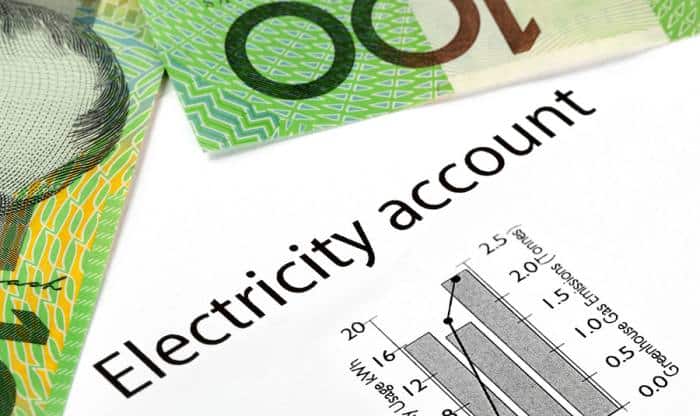
What is a minimum solar feed-in tariff in Victoria?
A minimum feed-in tariff is the lowest rate merchants must provide solar consumers.
The minimum rate is determined by projecting wholesale electricity prices for the following calendar year.
Wholesale prices vary throughout the day, and solar panels can only generate electricity during certain times. When estimating wholesale electricity costs, these solar hours are considered.
Solar feed-in tariffs in Victoria: Maximising your solar investment
Understanding the solar feed-in tariff Victoria offers is crucial for homeowners looking to optimise their solar investment. The solar feed-in tariff VIC represents the payment you receive for excess solar energy exported back to the grid. These tariffs vary among energy retailers, and comparing offers is essential to find the most beneficial rate. To maximise your returns:
- Regularly review your energy consumption and solar production to align with tariff structures.
- Solar battery storage solutions should be considered to store excess energy for later use, reducing grid reliance.
- Stay informed about changes in solar feed in tariff Victoria policies and retailer offerings.
- Upgrade to energy-efficient appliances to decrease overall energy consumption and ensure that your solar generation covers more of your energy needs.
For those interested in comparing tariffs across states, explore information on our following pages:
Comparison by retailers in Victoria (VIC)
Victorian electricity retailers are obligated to offer these prices to qualifying FiT customers for electricity exported to the grid. Electricity retailers may offer a rate greater than the regulatory minimum, but they are not required to do so.
| RETAILERS | MIN SOLAR FiT | MAX SOLAR FiT |
| Diamond Energy | 5.2c | 5.2c |
| CovaU Energy | 4.9c | 4.9c |
| EnergyAustralia | 3.3c | 10.0c |
The table below shows the lowest and maximum solar feed-in tariffs available in Victoria for residential customers on a single rate tariff. Please remember that some shops may only be available in some areas of Victoria, and some FiTs may only be available to clients who meet their eligibility.
| VIC MAJOR RETAILERS | MIN SOLAR FiT | MAX SOLAR FiT |
| 1st Energy | 0.5c | 3.3c |
| AGL | 1.5c | 3.3c |
| Arcline by RACV | 1.5c | 1.5c |
| Alinta Energy | 3.3c | 10c (for the first 10kWh/day, 3.3c/kWh thereafter) |
| Energy Locals | 3.3c | 5.0c |
| Engie | 0.04c | 11.0c (for the first 8kWh/day, 0.04c/kWh thereafter) |
| GloBird Energy | 2.0c | 2.0c |
| Lumo Energy | 1.0c | 1.0c |
| Momentum Energy | 1.1c | 1.1c |
| Origin | 1.0c | 5.0c (for the first 8kWh/day, 1.0c thereafter) |
| Powershop | 0.5c | 0.5c |
| Red Energy | 1.0c | 1.0c |
| Sumo | 3.3c | 3.3c |
| Tango | 0.04c | 0.04c |
Energy Matters is one of Australia’s most trusted solar quotes due to our high customer satisfaction and industry recommendations. Our team of solar experts can help you get up to 3 FREE solar quotes from pre-qualified and vetted solar firms in your area. Let’s harness the power of the sun together!








